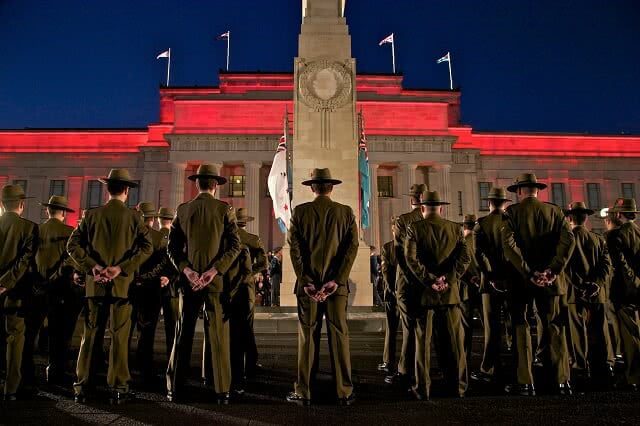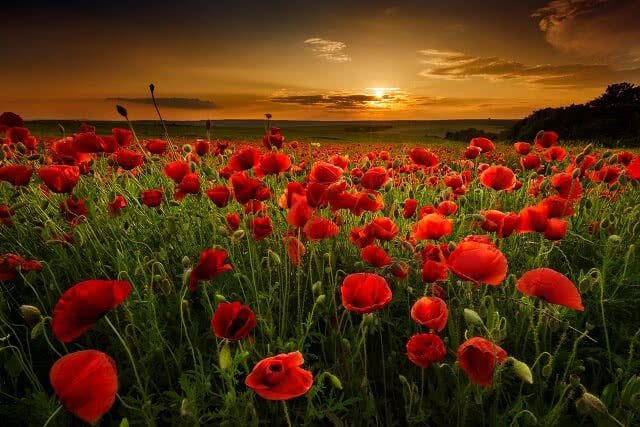Updated – 20 April 2017
Anzac Day is nearly upon us and as well as bringing a much welcomed day off, for many New Zealander’s it’s a chance to commemorate and honour the lives of Kiwis killed in war as well as honouring returning servicemen and women.
The date itself marks the anniversary of the landing of the New Zealand and Australian soldiers – the Anzacs – at Gallipoli. For those who don’t know this part of the World War 1 story, The Battle of Gallipoli was a campaign in WW1 where Kiwis and Australians fought alongside the French as part of the British Empire to try and capture the Dardanelles, the gateway to the Bosporus and the Black Sea.
It was a campaign that was to end in defeat with the Turks still holding Gallipoli after eight and a half months of bloody fighting which saw thousands lose their lives including 2,779 New Zealanders, 8,500 Australians and 87,000 Turks as well as around 33,000 soldiers from France and Britain.
Things to do this Anzac Day
There are lots of activities taking place across the country on Anzac Day to commemorate those who gave their life for their country. Here are just some of the events you can attend to pay your respects and learn more about the events that took place at Gallipoli.
1. Dawn Parades
A big part of the commemorations are the dawn parades that take place up and down the country on Anzac Day. The Parades will begin with a march by returning servicemen and women before dawn to local war memorials around the country. A short service follows including a recital of Kipling’s ‘Lest we forget’ and concludes with the playing of the Last Post and a minute’s silence.
To find out more about Dawn Parades near you, you can visit the RSA website: https://www.rsa.org.nz/find-an-Anzac-service
2. Te Papa National Museum, Wellington
If you haven’t had the chance already, head down to Te Papa and take a look around the Gallipoli: The Scale of our War exhibition. This is a great chance to learn more about the war and get insights from kiwi soldiers and nurses whose stories are told through large-scale sculptures that are 2.4 times human size.
Find out more here: https://www.tepapa.govt.nz/visit/exhibitions/gallipoli-scale-our-war
3. The Great War Exhibition, Wellington
Another big exhibition in Wellington is the Great War Exhibition, created by Sir Peter Jackson. The exhibition is housed in the historic Dominion Museum and showcases the gritty hardships and horrors of the battlefields, seen through the eyes of those caught in the conflict.
Find out more here: http://www.greatwarexhibition.nz/
4. Auckland War Museum, Auckland

The Auckland War Museum will be running a series of events and tours to commemorate and honour those soldiers who fought at Gallipoli and other conflicts that New Zealand has been involved in. Events include a huge Anzac Day Dawn Service which is attended by thousands of Aucklanders each year. There are also WWI and WWII tours taking place throughout the day and a chance to learn more about the New Zealand impact on these great wars.
Find out more here: https://www.aucklandmuseum.com/
5. Going Underground: Tunnellers of WWI, by Brett Killington. National Army Museum, Waiouru, Tongariro
Brett Killington explores the tunnels under Arras in France, revealing the unique challenges of the Kiwi servicemen charged with tunnelling on the Western Front during World War One. By working closely with the French Government, they gave Killington exclusive access to many of the tunnels and quarries so far unseen by the general public, and his revealing photographs depict the subterranean ‘New Zealand’ created by the soldiers, going as far as creating street and place names, graffiti and objects left behind by the New Zealand tunnellers. The exhibition will be complemented by artefacts from the museum’s own collection.
Find out more here: https://www.armymuseum.co.nz/
There are lots of other events going on up and down the country to commemorate and honour those who gave their lives for their country from photo exhibitions to light and sounds shows.

